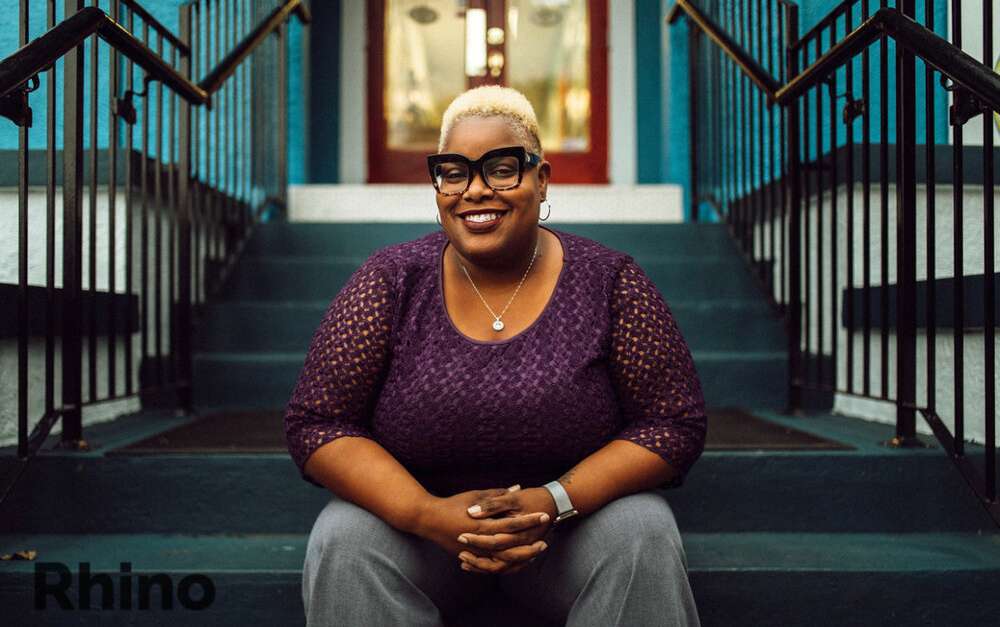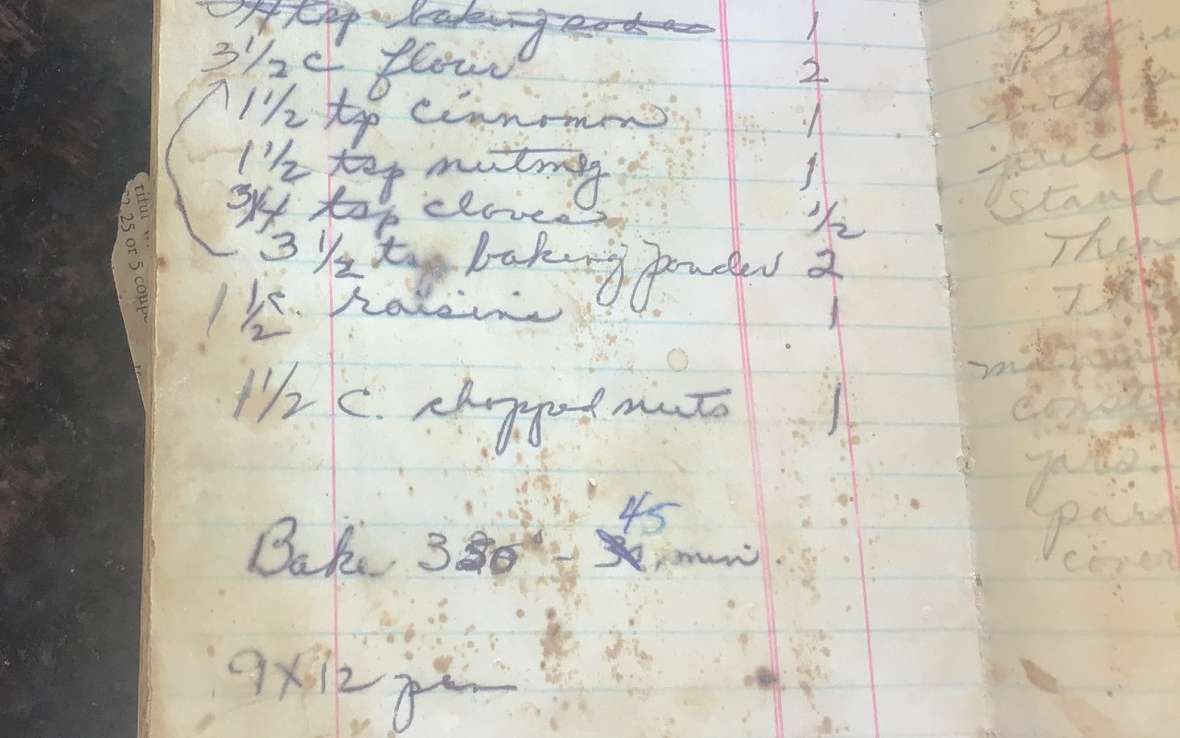This Women’s History Month, Oxfam staff, Sisters on the Planet Ambassadors, and partners share what sisterhood means to them.
What comes to mind when you conjure the word “sisterhood?” For me, it’s support, community, and the mutual understanding that arises among women. This month the devastating story of Sarah Everard, a young woman in London who was found dead after walking home from her friend’s house, triggered many of my female friends and millions of women online to reflect on the ways we rely on sisterhood to combat everyday toxic masculinity. Telling my girlfriends to “text me when you get home” so I know they’re safe is part of my goodbye ritual.
Sisterhood keeps us safe physically, mentally, and most importantly—emotionally. It’s lifting each other up, it’s unspoken gestures of care, it’s sharing moments of pure joy.
The pandemic year has brought a loss of sisterhood for many of us. For some women, the lockdown has put their personal safety at risk; for others, it has increased their care responsibilities. Many of us are just hanging on, struggling with job loss, exclusion from health care, and limited access to affordable child care—overworked, overtired, and underappreciated. And yet, in other ways the pandemic has strengthened our bonds and our desire to support and show appreciation for each other.
With all of that in mind, we asked women in our Oxfam community—staff, allies, and ambassadors—to share what sisterhood means to them and how it has changed during the pandemic. Here’s what they had to say.
Sharon Carpenter, TV personality

Sisterhood is EVERYTHING—providing some of the strongest bonds a woman can share. It stands for unity, acceptance, teaching, healing, empowerment, love. When we come together through sisterhood, we have the power to make a difference, to move things forward, to change the world.
On a personal note, sisterhood has been a savior. Without my girls bringing laughs into my loneliest days, sending encouraging texts when I've lacked confidence, lending a shoulder for a cry and an ear for a vent. I'm just not sure how I would have made it through this pandemic—or life in general for that matter. I'm just not sure how I would have made it through this pandemic—or life in general, for that matter. Sisterhood is strength, and with it we're unstoppable.
A'shanti F. Gholar, president of Emerge and Oxfam Sisters on the Planet ambassador

For me, sisterhood means being there for each other through the highs and the lows. The past year has been full of both. From a global pandemic, to heightened racial injustice, to an intense political climate, sisterhood has helped me stay afloat and positive during these times. In quarantine, I have missed the sisterhood joys of giving a friend a big hug when they achieve a major milestone, being in the audience of events to cheer them on, and laughing together over a long dinner. The bonds of sisterhood are one of the greatest things I love about life.
Rochelle Wilcox, founder of Wilcox Academy of Early Learning

The past year has taught us so much about supporting one another and fighting for what we deserve.
When I opened my first child care center, I wanted to reach the families of teachers and first responders who were coming back to New Orleans after Hurricane Katrina. I’ve remained in this industry because of children and families. When COVID-19 hit, we didn’t know what was going on, but I knew I wanted to be able to continue to pour into the families we serve and our staff as much as I could. It’s been an uphill battle, but that mutual support and community is what keeps us going.
In our child care centers, we teach our children that their voices matter. The first things we say to our children when they come into our classrooms is, “How can I help you? Can I give you the words so that you can express what you need?” But I also had to learn those lessons for myself, this year more than ever.
As a child care provider, as an African American woman, as a minority, we are often just told, “This is what’s best for you. This is something that you need.” And we’re not often asked. I had to learn to say, “THIS is what I need.”
This year we’ve had to fight tooth and nail for what we need, and it’s with the help of allies that we’ve been able to keep going.
People like me are here doing the work and we need partners to come alongside us and take up that mantle of advocacy—to help us fight for what we need—so that we can continue to do the work.
Caroleena Vargas, senior program coordinator, Food Systems, Oxfam

In the past year, the pandemic has forced us into a new normal. We are more conscious of the adversities and difficulties that surround us and others. Accessing my “girls” has been my favorite form of self-care and grounding during this pandemic.
I recognize that I sit in a position of privilege where my sisters and I can continue to snack at our favorite Caribbean spot, take a weekend trip, or simply have a moment to gather and laugh with each other. We recognize that not all women can safely escape from their reality, let alone have the economic flexibility to bond over a meal.
Women are predominantly responsible for cooking and buying food, cleaning, caring for children and family, and managing home responsibilities. Women play a crucial role in food security (including through farming, food processing, and ensuring household consumption and nutrition), and they continue to come under more pressure to provide meals, cope with the impacts of unpaid care work, and suffer at the hands of gender-based violence.
Women are giving every ounce of themselves to help their families and communities make it through this pandemic. Our sisterhood takes us away from the emotional charges of these pressures—they bring us space, love, trust, respect, and healing. My sisters are mothers, survivors, providers, healthcare workers, teachers, principals, postal workers, essential workers, working professionals, beauty professionals, informal workers, unpaid care workers, and they are all strong women.
Mary Starkey, public engagement coordinator, Oxfam

The original “Kitchen Table Talk,” or “KTT” tradition, started over 50 years ago. After family parties wound down, my mother and her sisters gathered with their cousins to rehash, laugh, and enjoy the leftover desserts—often sugar cookies. Siblings, spouses, and the new generations have joined in since—there’s always room for some extra chairs at a kitchen table. KTTs have moved to Zoom this year, but the sugar cookies are still circulating, mailed in shoeboxes, saved in freezers, or passed off in packages from six feet away.
My father’s mother and her six sisters were introduced to a new dessert while eggs were rationed during World War II—tomato soup cake. Over the decades, the recipe evolved slightly in each growing family. My mother was greeted with a tomato soup cake at the airport when she met my dad’s family, and she’s been enjoying KTTs and tomato soup cake with her sisters-in-law ever since.
Like my mother, I’ve been blessed with a new sisterhood of in-laws and their kitchen tables have proven perfect for KTTs. My mother-in-law always has a cup of peppermint tea ready for me, and my sister-in-law’s daughters, my two nieces, have taken over a plot of land on the family farm. I’m especially glad to welcome this new generation to the tradition because the farm-to-table vegetables are really rounding out the KTT cuisine!
What does sisterhood mean to you? Share your story with us on Twitter.



